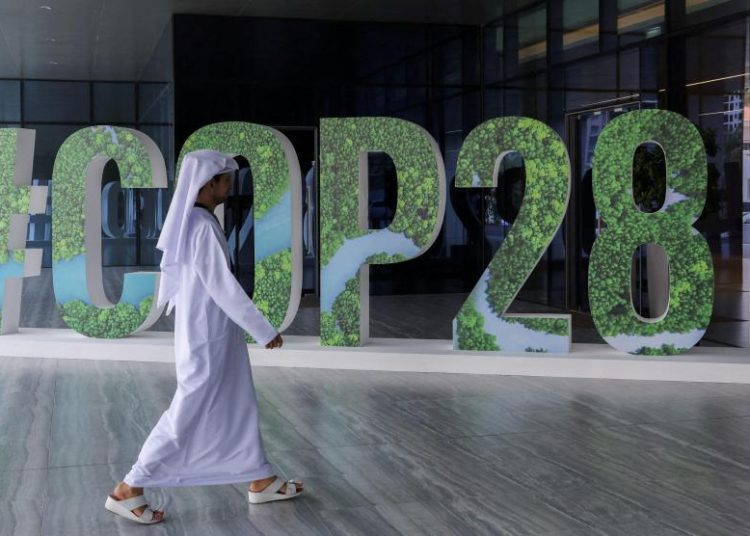Cuba presented this Monday at the United Nations Conference on Climate Change COP28, held in Dubai, a project to promote the generation of multiple environmental benefits, based on the economic valuation of goods and services.
It is Ecovalor, a tool designed for decision-making at different levels, which has been implemented since 2018 in 30 municipalities in 15 Cuban provinces, according to a report from Prensa Latina (PL) news agency.
Cuando el bosque y sus servicios ambientales son aliados ante el cambio climático. Proyecto ECOVALOR en la Conferencia de las Partes de Convención de Naciones Unidas sobre Medio Ambiente #COP28@ElbaRosaPM@SANTANACITMA@adianez_taboada@ArmandoRguezB#AmarCubaAmarLaNaturaleza pic.twitter.com/BZUdbruIvU
— Ministerio de Ciencia, Tecnología y Medio Ambiente (@citmacuba) December 4, 2023
The project also covers 15 protected areas, 10 soil, water, and forest polygons, fishing establishments, tourist centers, and two hydrocarbon enterprises.
Aylem Hernández, project director and official of the National Center for Protected Areas explained during the presentation that this initiative seeks to contribute to the environmental, economic, and social development of the country through legal, political, and institutional frameworks in key sectors.
Cuban representatives also promoted this Monday in the Cuba Pavilion at COP28, the international alliance for the circularity of a resilient and low-carbon sugar cane agro-industry.
The head of the Cuban Ministry of Science, Technology and Environment (CITMA), Elba Rosa Pérez, highlighted the importance of implementing a “resilient and low-carbon” sugar agroindustry based on scientific and technological knowledge, as well as innovation, to contribute to eradicating poverty and raising the standard of living of people.
The Cuban delegation had an intense agenda during the previous days, with the exchange of experiences with environmental authorities from other nations, signing of agreements, and presentations of various initiatives.
Taking advantage of the occasion, a collaboration agreement was signed between the IRIS Foundation, United for Climate, the first of its kind on the island, and the Mexican Foundation for the Ocean A.C.
CITMA officials exchanged experiences in caring for the environment with representatives of the climate change Regional Cooperation Program between Europe and Latin America.
Cuba also presented at the Conference its progress in the implementation of the State Plan to Confront Climate Change, known as Tarea Vida, which responds to national goals and international commitments.
The country has set itself the goal of increasing energy efficiency, developing renewable sources, and promoting less carbon-intensive economic development, as established in the Economic and Social Development Plan until 2030.










